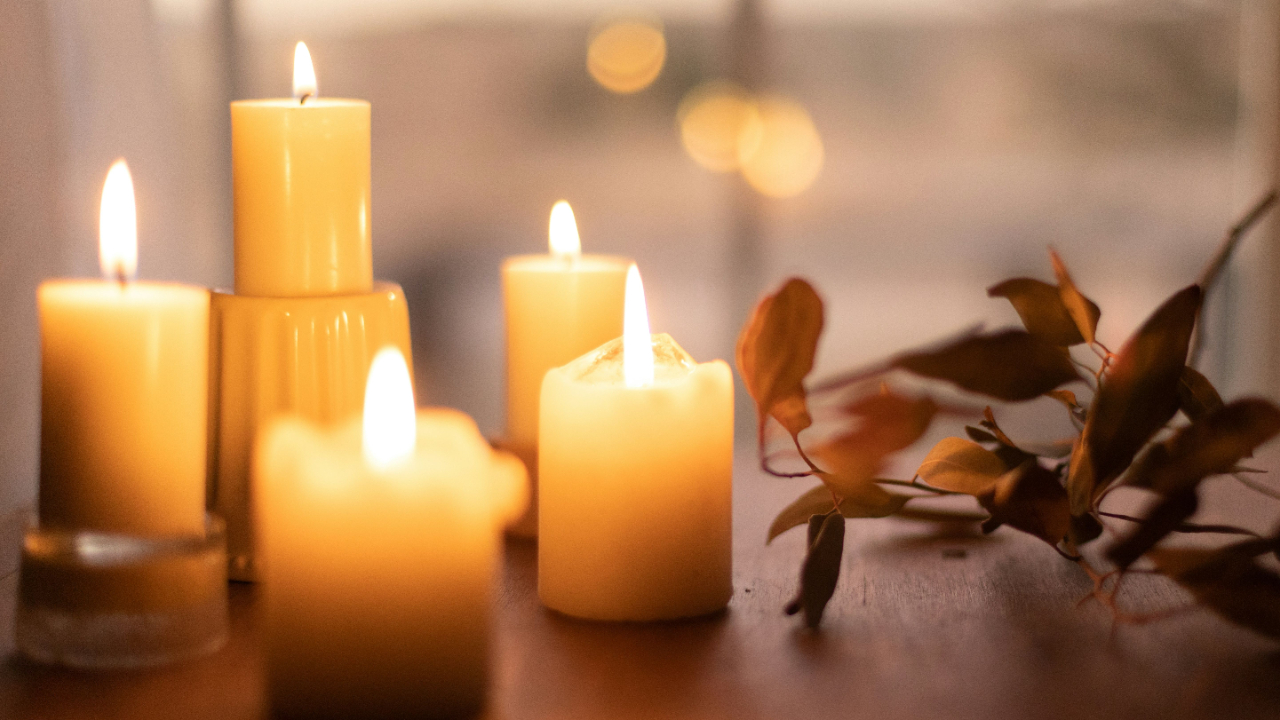Preparedness. The candle in the dark
Jul 02, 2025
I used to laugh at my mother. All her adult life she stockpiled candles, tinned food, needles and thread “because you couldn’t get them in the war.”
She’d lived through the Blitz in London, working in a blood transfusion unit. Her father had died at Passchendaele. She had lived the reality of war, twice over. And like many of her generation, she was quietly preparing for the next one.
We, the generations who have not lived through war, have lost that sense of preparedness. But we live in a world where overnight everything can change. If you’re in any position of leadership, now is the moment to reflect.
Look at the headlines. Whatever today’s crisis, Europe’s economies will not return to the old normal. What matters is how well we prepare for the new one.
Preparedness is not pessimism. It is how you futureproof your business. Are you ready for energy shortages? Disrupted supply chains? Cancelled contracts? Inflation? Are your customers? Are your suppliers?
Too many leaders plan as though nothing will go wrong. The hard truth is this: just because you don’t think something will happen, doesn’t mean it won’t.
Read history. It never repeats exactly, but it rhymes. Today’s geopolitical strategies echo the past. Putin, for example, is walking a path disturbingly familiar to those who studied Hitler’s tactics.
If you lead, then lead strategically, play chess. Think two, three, four moves ahead. And then plan for alternatives. Speak to your teams and stakeholders. Build a shared understanding. Ask them:
“What if this doesn’t go to plan?”
“What might change next?”
“How can we prepare together?”
Too often we wait until the crisis hits to start talking. But the best leaders know that preparedness is a team sport.
Ask questions. Play out the scenarios. Look at your strategy with fresh eyes. What happens after the next move? And the move after that?
That conversation might be the one that gives your business a future.
